Why your Google Rankings Won't Grow: 12 Most Common SEO Mistakes to Avoid
(Link-Assistant.com) - SEO remains one of the most misunderstood aspects of publishing a website. At Stone Temple, we provide SEO consulting services, and we have performed more than 200 audits in the past three years. We see all kinds of problems during these audits, but there are a number of mistakes that we see over and over again. Here are the most common ones:
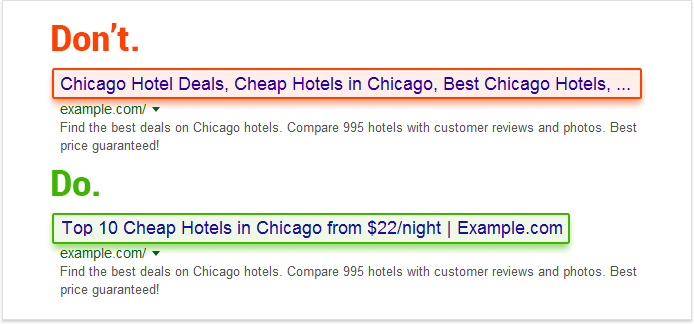 Yes, stunning though this may seem, there are still people who don't write good title tags for the key pages of their site. Search engines still rely on the title tag because it acts like a "top level" label regarding the content of the page.
Yes, stunning though this may seem, there are still people who don't write good title tags for the key pages of their site. Search engines still rely on the title tag because it acts like a "top level" label regarding the content of the page.
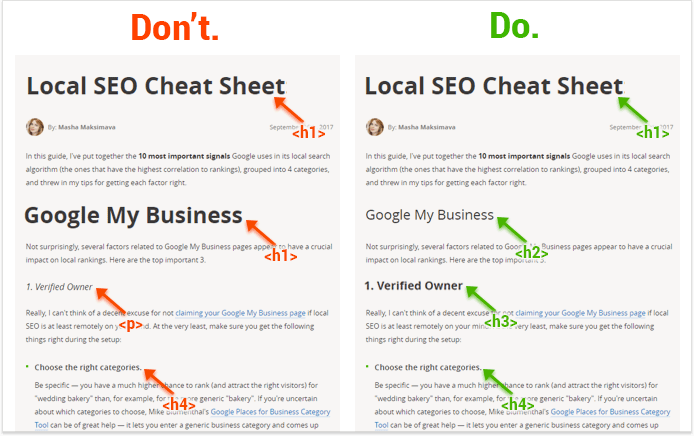
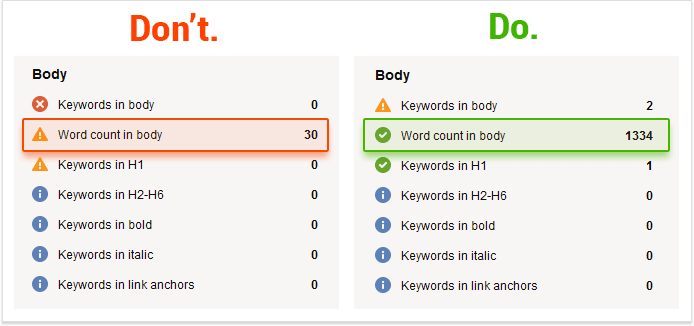
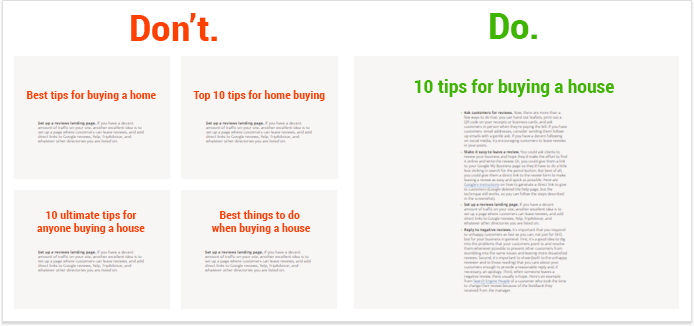
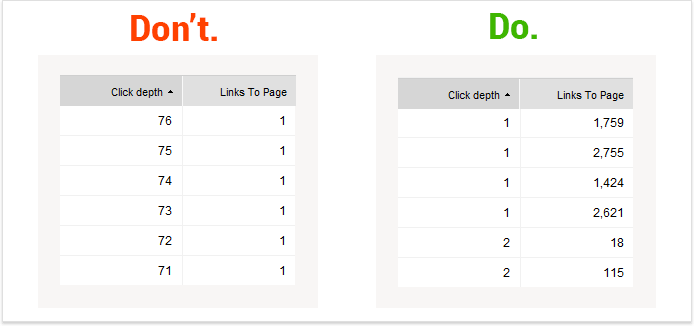
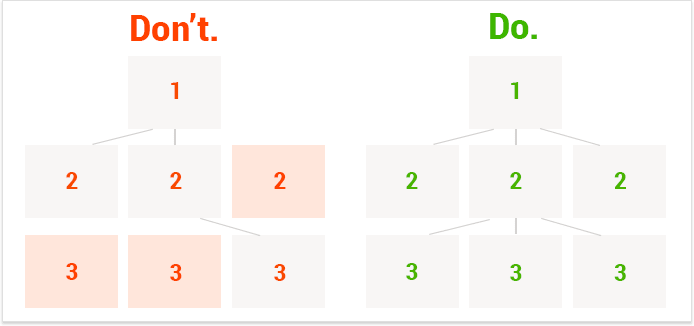
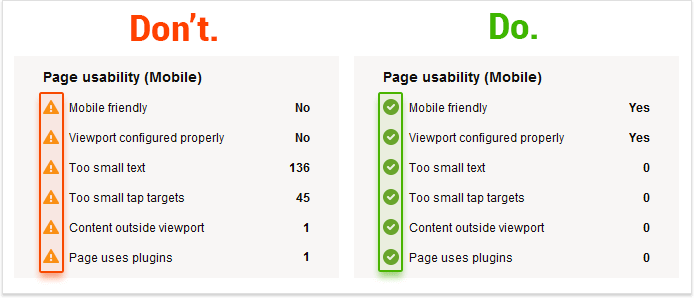
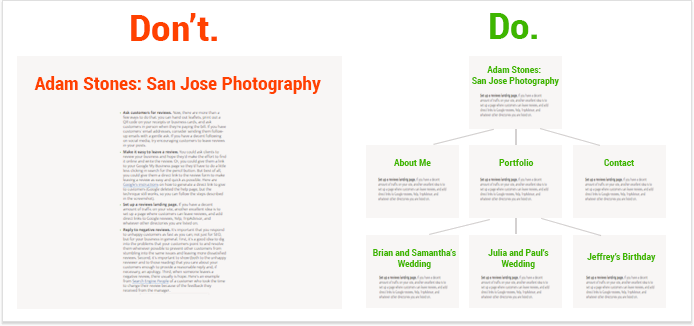
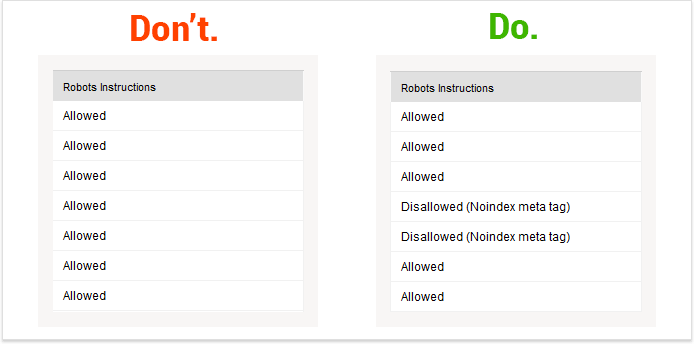


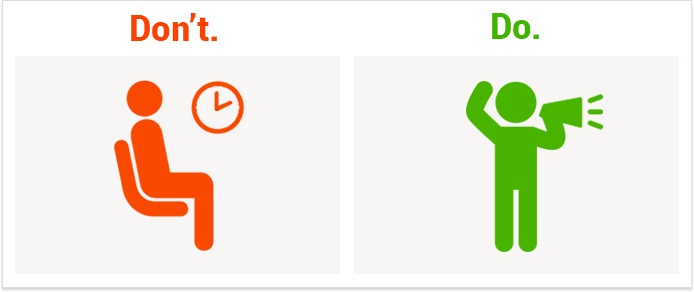
Top 10 Digital Marketing Agencies in Malaysia (2017)
1. Poor Title Tags

2. Poor Heading Tags

Like title tags, heading tags help provide top level labels for both users and search engines on what a page is about. When creating content for users, these help them better understand the structure and nature of the content on the page. As with the title tag, the heading tag at the top of the content acts as a label for the entire page, and other heading tags label different sections.
3. Thin Content

Search engines don't like being asked to index crappy pages. One of the most common forms of these that we see on sites are pages with very little useful content. When these make up a significant percentage of the content of your site, search engines are likely to consider it a poor site overall, and they may lower rankings to your site on a broad basis as a result.
4. Thin Slicing

This sounds similar to thin content, but it's really quite different. This is when you have too many pages that are very similar to each other. For example, if you have pages called: "10 tips for buying a house", "11 tips for buying a home", "Best 10 tips for home buying", and "10 great things to do when buying a home", these pages likely aren’t noticeably different from one another.
5. No Crawl Path to Many Pages

We still see sites that eliminate the crawl path to key pages on their site. If Google can't crawl to find it, even if you do put those pages in an XML Sitemap, the search engines may see little value in them. If they aren't important enough for you to show to your users, why should search engines?
6. Poor Site Architecture

We see many sites that are poorly organized, and that's bad for both users and search engines. If users can't find what they are looking for, your revenue from SEO will drop, and search engines may also not rank your pages as well as they would otherwise. You can find 12 tips for your site architecture here.
7. Mobile Site Issues

Google's Mobile First switchover is coming. In fact, they've already switched over some sites. If you have a responsive website, you probably don't need to worry, but many sites that have mobile subdomains don't show all the same content on their mobile page, or they remove links and/or structured data information. Once Google switches those sites over to Mobile First, these sites are going to take a beating. You can learn more about the relative traffic share of mobile vs desktop here.
8. Too Few Pages

Many site publishers have sites that are actually too small. This is the opposite of problem 4 above, and the result is that the site does not compete for search terms that they really should be competing for.
9. Missing SEO Tags

Tags like NoIndex, rel=canonical, and rel=prev/next are very important, and are used by many sites effectively to remove concerns with thin slicing and/or duplicate content. But, on many sites, these tags are not implemented at all when they should be.
10. Conflicting SEO Tags

These tags become unpredictable when improperly implemented. For example, some sites use NoIndex and rel=canonical on the same page, and the likely result is that the canonical is ignored. Or, they use rel=prev/next on a paginated sequence, but all the pages in the sequence use a rel=canonical to point to the first page in the sequence. Learn what these tags do before you use them!
11. Excessive Advertising

Many sites are advertising-supported, and there is nothing wrong with that. Where this become problematic is when the ads are so omnipresent that it interferes with users getting value from pages. Google has an algorithm that looks for too many ads above the fold , and will lower rankings if they see that. In addition, such sites are a lot less likely to attract links, mentions and other things that aid in driving search engine rankings.
12. Lack of Website Promotion

What you do on site is critical, but so are efforts to promote your site. Links remain an important ranking factor, but it's also important that you're generating buzz about your brand. If people are talking about your business, this can ultimately lead to higher conversion rates and higher rates of link acquisition.
Related:Top 10 Digital Marketing Agencies in Malaysia (2017)

.png)


.png)

.png)



Comments